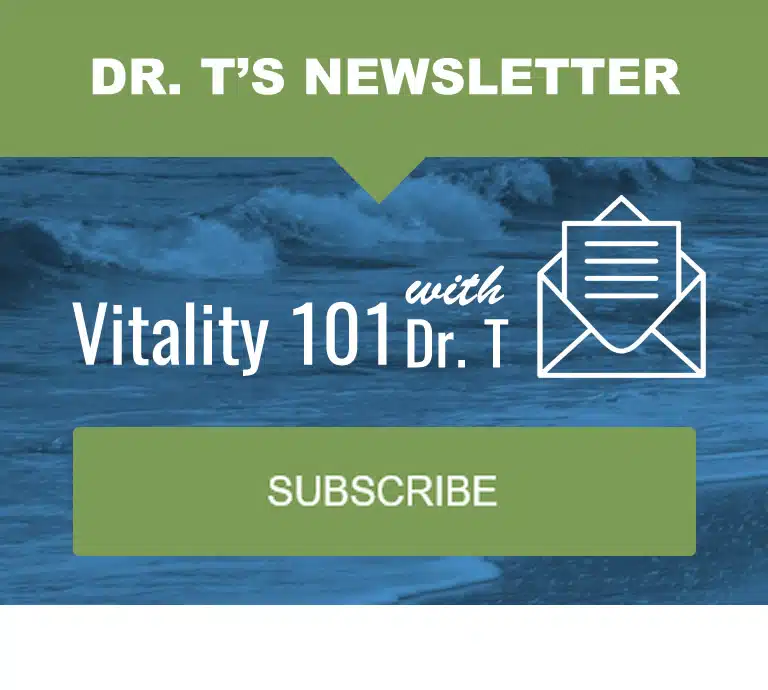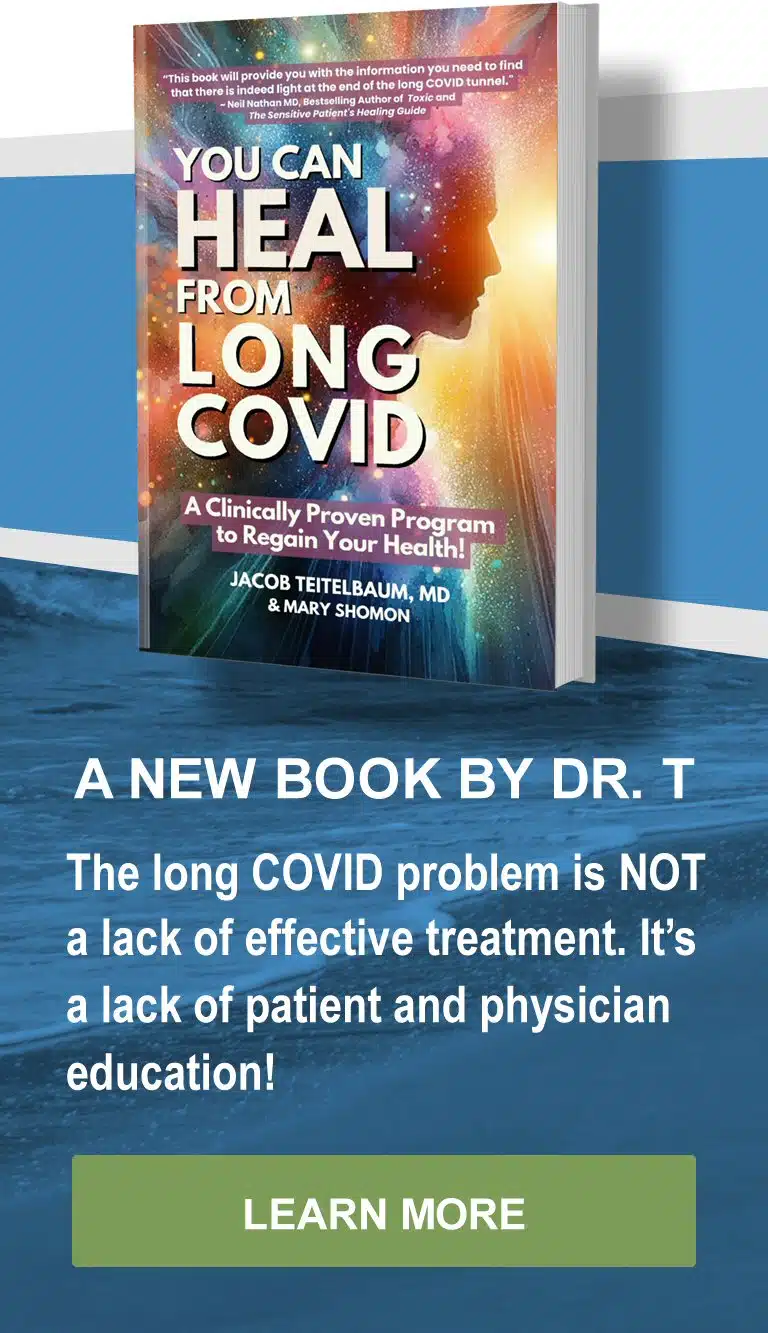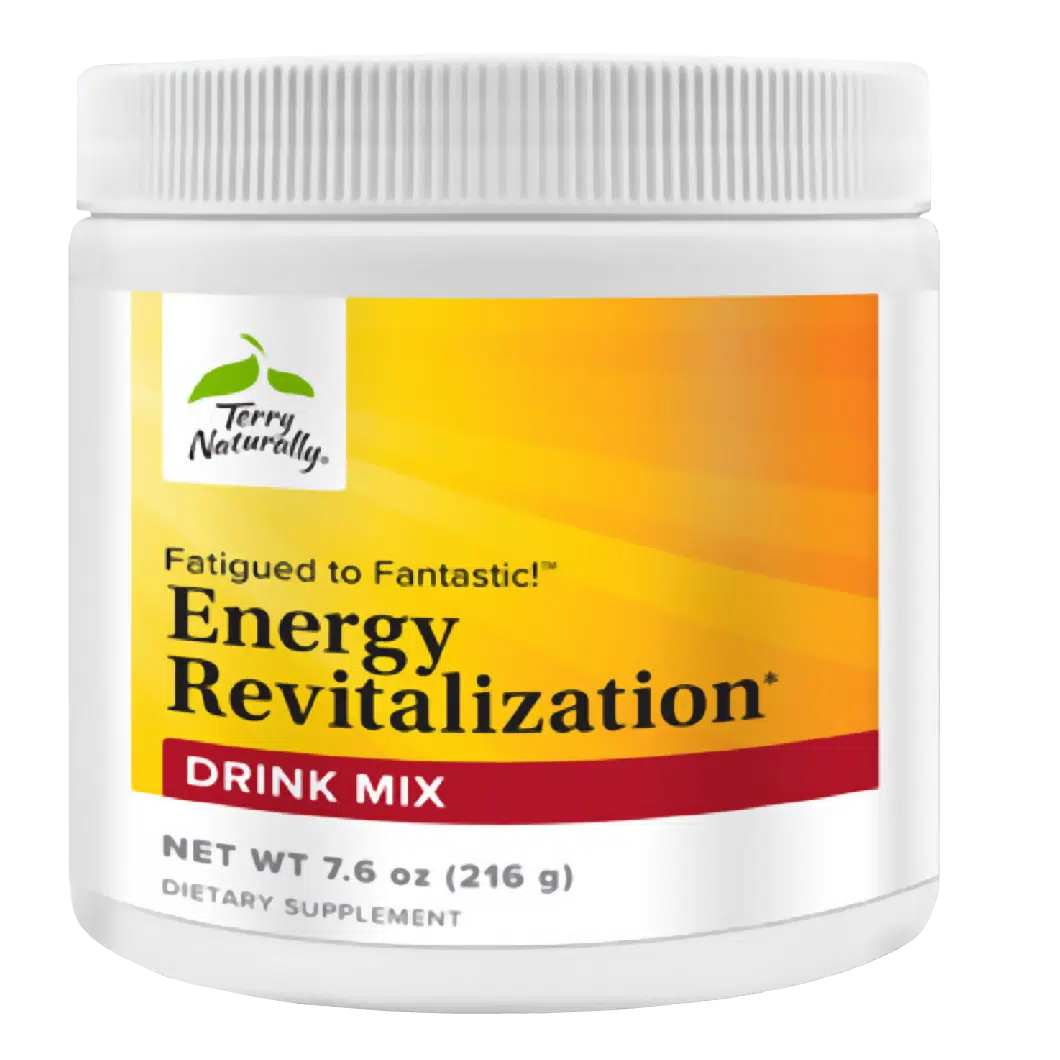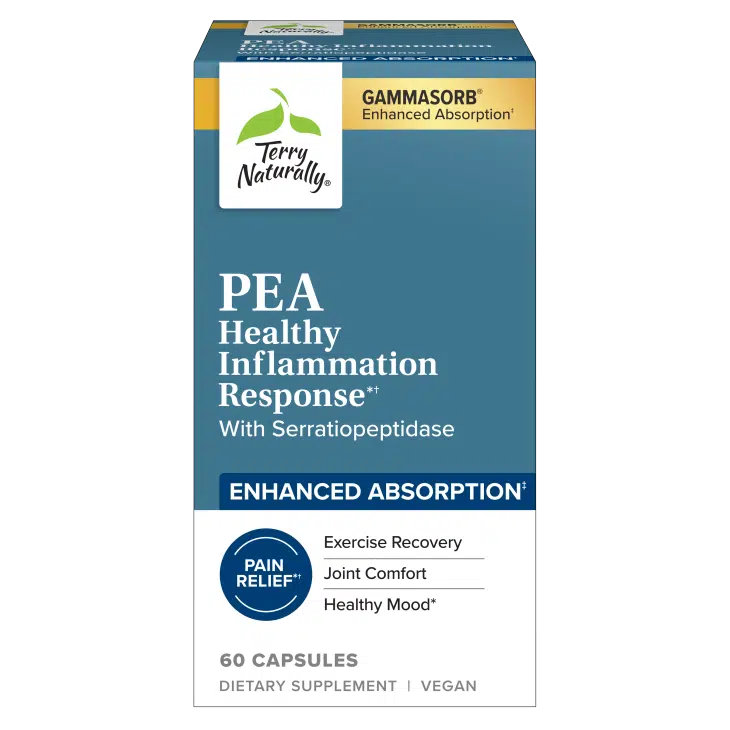Specific Health Topics
Heart Health
Key Nutrients to Maintain a Healthier Heart

The heart is the hardest working organ in your body — the non-stop pump that constantly moves oxygen and nutrition to every other organ, system and cell. Believe it or not, your heart beats about 100,000 times a day. That’s 3.5 million times a year, or 2.5 billion times during an average lifetime!
And if your hardworking heart isn’t working right, you’re not going to feel at your best. But a superfood and several key nutrients can do your heart a world of good.
To optimize your heart’s health, here are the nutritional recommendations I heartily get behind.
1. Ribose
This unique nutrient looks and tastes like sugar, and is a key to energy production in the body — including the heart. It works best in powdered form, and I recommend the S.H.I.N.E.® D-Ribose brand. Use 1 scoop (5 grams) 3 times a day for 6 weeks; after that, take it twice a day. You will be amazed at your level of energy, and the improvement in heart function, after just 6 weeks on ribose!
2. Coenzyme Q10
Coenzyme Q10 is another nutrient critical for energy production. Take 200 to 400 milligrams (mg) a day — starting with 400 mg/day for 6 weeks. After that, take 200 mg/day. It’s especially important for anyone on cholesterol-lowering medications.
3. Magnesium, B Vitamins and Zinc
Magnesium increases the strength of your heart muscle and helps keep heart rhythms (the electrical activity of the heart) steady and smooth. I recommend 150-200 mg/day. The easiest way to get that dose is by taking the Fatigued to Fantastic™ Energy Revitalization Drink Mix. This product also delivers B vitamins and zinc, which are also important for optimal heart health. (Caution: in those with kidney failure, magnesium and many other nutrients should only be taken under a licensed Holistic Health practitioner’s supervision.)
4. Omega-3 Fatty Acids From Fish
Even the conservative American Heart Association recommends omega-3 fatty acids to optimize heart health. Their recommendation: 1 gram (1,000 mg) daily of a mixture of DHA (docosahexaenoic acid) and EPA (eicosapentaenoic acid). There are several ways you can get that amount:
- One tablespoon of fish oil, four times a week.
- One serving of fatty fish, such as salmon or tuna, four times a
week. Supertip: Canned white albacore tuna has three times the amount of fish oil as chunk of light tuna. But skip the fast-food fried fish sandwich. Research shows they worsen omega-3 deficiency! - A daily fish oil or Omega 3 supplement. I recommend a highly absorbable supplement from salmon called Vectomega®. One daily tablet can supply very high levels of omega-3s because its absorbs about 50 times better than omega-3s from regular fish oil supplements.
5. Acetyl L-Carnitine
Acetyl L-Carnitine helps the mitochondria (the tiny energy factories in every cell, including the cells of the heart muscle) make energy. I recommend 1,000 mg twice daily for 6 weeks. After that, take 500 mg daily.
6. Hawthorn
In a recent analysis of 14 rigorous studies involving more than 1,000 people, an extract of the herb hawthorn was effective at improving the strength of the heart muscle and blood flow to the heart. I recommend Hawthorn Phytosome from Enzymatic Therapy. Take 2 tablets, three times daily.
All of these can be taken in combination for 6 weeks, at which time the benefits will have occurred. Then dosing can be lowered to what is needed to maintain benefits (with the key items to maintain being ribose, coenzyme Q10 and the multivitamin).




